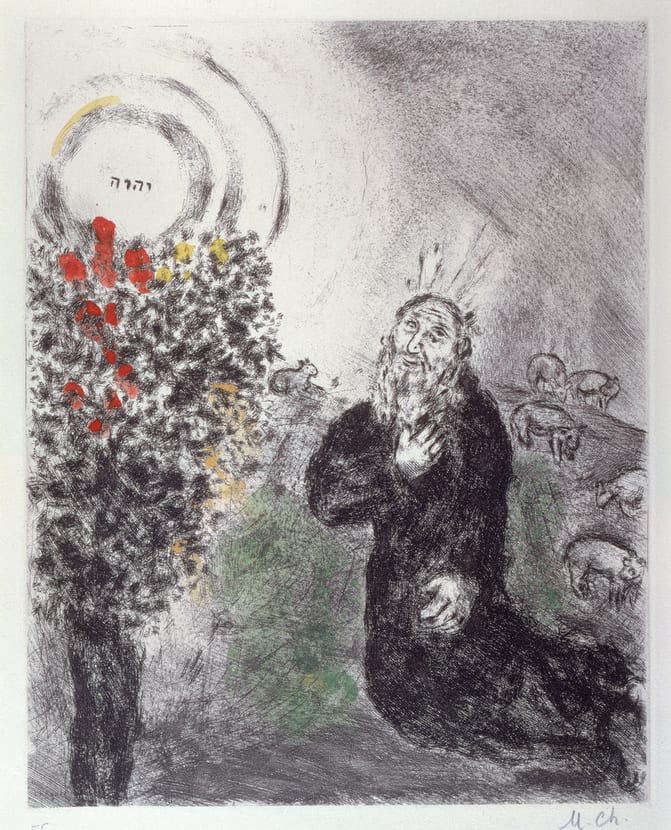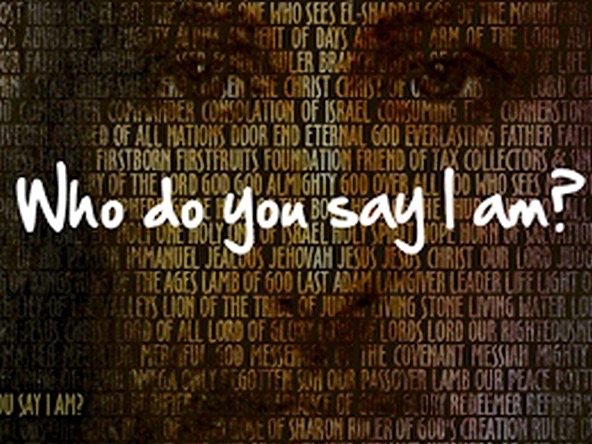Reflections on Exodus 3: Moses and the burning bush, I Am Who I Am
Aurora Leigh (excerpt – 1856) — Elizabeth Barrett Browning Earth’s crammed with heaven, And every common bush afire with God: But only he who sees, takes off his shoes, The rest sit round it, and pluck blackberries, And daub their natural faces unaware…. SONGS about MOSES and BURNING: Go Down, Moses by Louis Armstrong (Gospel): […]



